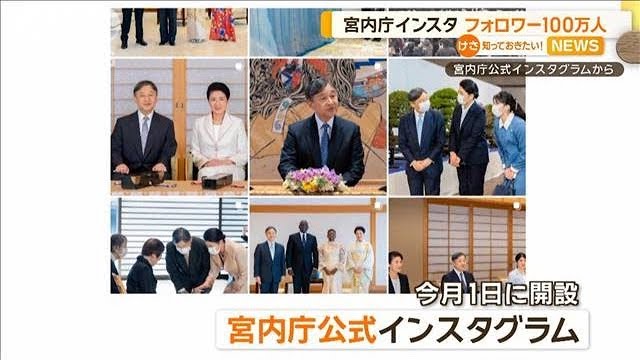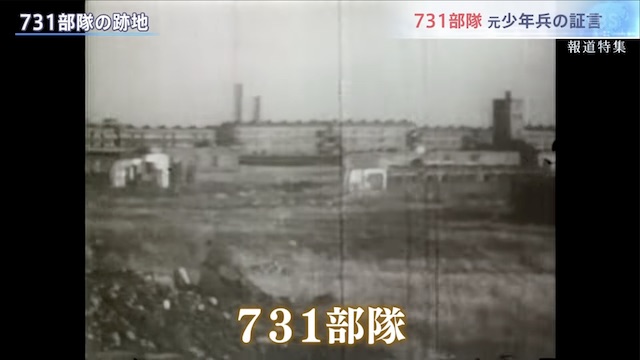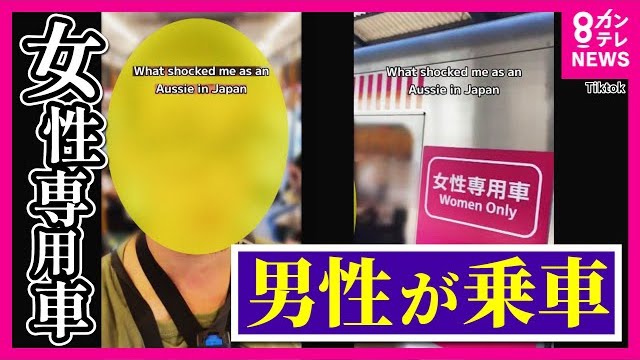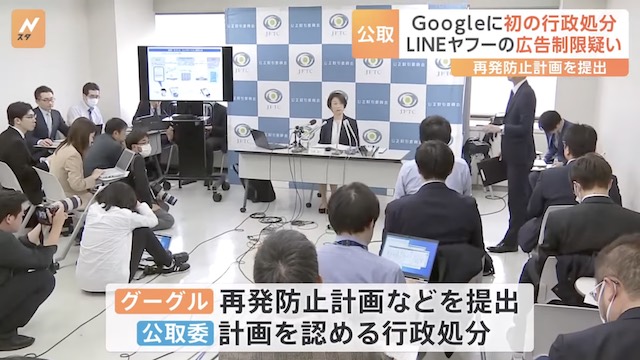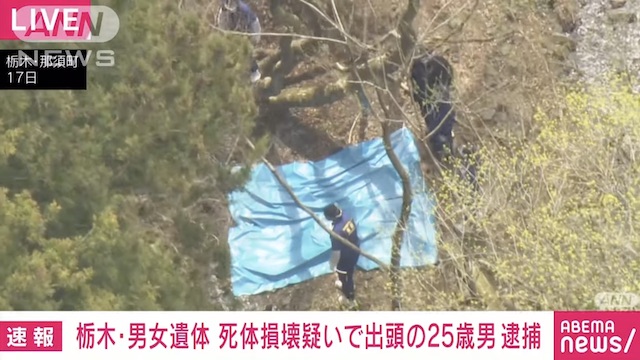May 10 (Japan Times) - Japan’s slowly but steadily rising prices, openness to foreign investors, excellent architects and infrastructure for house building — and an increase of resources and agencies for acquiring akiya, or abandoned, often ultra-cheap homes — have combined to make Japan a strong environment for non-Japanese looking to acquire real estate, be it a primary home, secondary home or investment.
According to reporting on Global Property Guide, Japan house prices increased 0.8% in 2020 year over year, a shockingly modest increase compared to other highly developed countries — for example, 10.3% year over year growth in the U.S. in 2020. And while the pandemic has weakened demand overall, Alex Toyoda at Plaza Homes, a Tokyo-based real estate company, says that while foreigners are scarce due to the pandemic, the market hasn’t changed much due to the increasing demands of wealthy Japanese.
“Shutting the borders completely closed off foreigners from entering the country,” Toyoda says. “But to our surprise, the market for expats has barely changed because of the increasing demand from Japanese. And where we’ve lost expats in the rental market, the buying and selling market has been very strong.”
Some buyers have turned toward searching for larger homes with an extra bedroom for an office or a pet-friendly apartment, but the overall market hasn’t drastically altered.
“Residential property lending has not skipped a beat and has been very healthy throughout the pandemic,” confirms Adam German at ReThink Tokyo, a guide to Tokyo real estate.
On the other hand, COVID-19 has caused rents in the struggling hospitality, restaurant and retail industries to decrease, but most housing markets have remained largely unharmed by the pandemic.
“Housing focused on foreigners is a unique, high-end industry,” Toyoda says. “Most of the buyers are looking for their own homes, seeking a better environment. Most people are focused on Japanese housing not for the investment, but for themselves.”
Since implementation in 2012, the reflationary policies of former Prime Minister Shinzo Abe, known as “Abenomics,” have buoyed the housing market. As a result, the market has seen modest price growth, changing Japanese real estate from a deflationary asset to a growing one. The change has spurred investments in Japanese real estate from wealthy investors throughout Asia.


